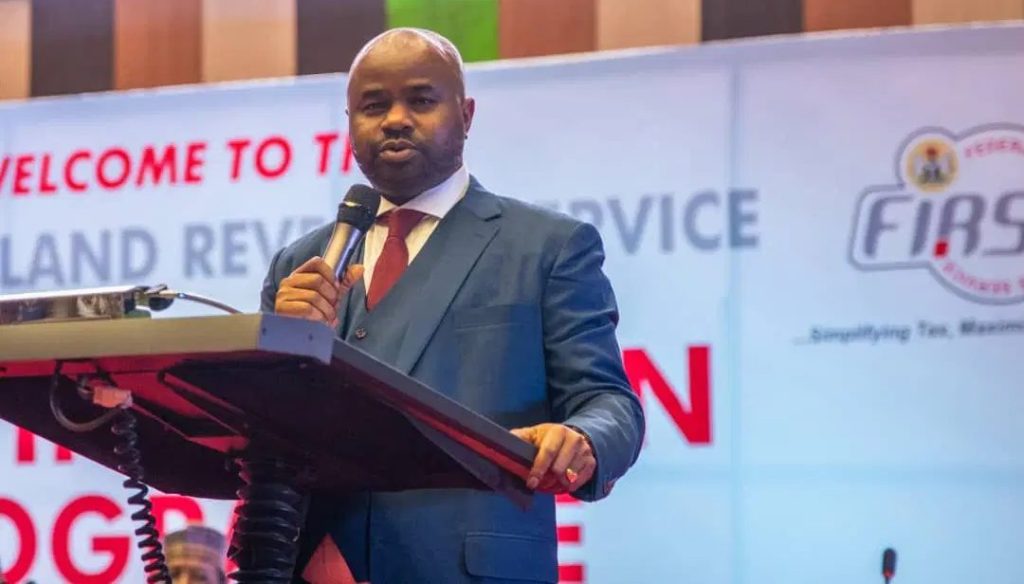FIRS Reports ₦3.64 Trillion in September Revenue as Nigeria Prepares for 2026 Tax Overhaul
FIRS reported ₦3.64 trillion revenue by September 2025, signaling Nigeria’s shifting tax landscape.
Chairman Zacch Adedeji linked the surge to sweeping reforms and clarified ongoing government borrowing plans.
The Federal Inland Revenue Service (FIRS) says it collected ₦3.64 trillion in revenue as of September 2025, ahead of Nigeria’s planned transition to a new tax system in January 2026. The figure reflects more than a fourfold increase compared to 16 months earlier.

At a press briefing on Tuesday, FIRS Chairman Zacch Adedeji sought to clear up public confusion about government borrowing despite the surge in revenue. He explained that borrowing remains a standard component of Nigeria’s economic strategy, aimed at stabilizing the country’s finances and cushioning future risks.
Adedeji stressed that the Federal Government under President Bola Tinubu is working strictly within the borrowing levels approved in the 2025 national budget. He added that current borrowing is strategically designed to offset future cost escalations, maintain fiscal discipline, and ensure government programmes run without interruption.
Breaking down the revenue growth, Adedeji said tax receipts jumped from about ₦711 billion in May 2023 to ₦3.64 trillion by September 2025. Non-oil taxes posted the steepest rise, soaring from ₦151 billion to over ₦1 trillion. Oil-related revenue increased from ₦96 billion to ₦644 billion during the same period.
Value Added Tax collections more than tripled to ₦723 billion from ₦218 billion, while customs revenue rose sharply to ₦322 billion from ₦106 billion. The Nigerian Upstream Petroleum Regulatory Commission also saw remittances grow from ₦125 billion to ₦745 billion, and the Nigerian National Petroleum Company contributed ₦111 billion in September alone.
Adedeji attributed the revenue surge to ongoing tax reforms initiated under President Tinubu’s administration, which he said are reshaping compliance, broadening the tax net, and driving stronger government earnings.



